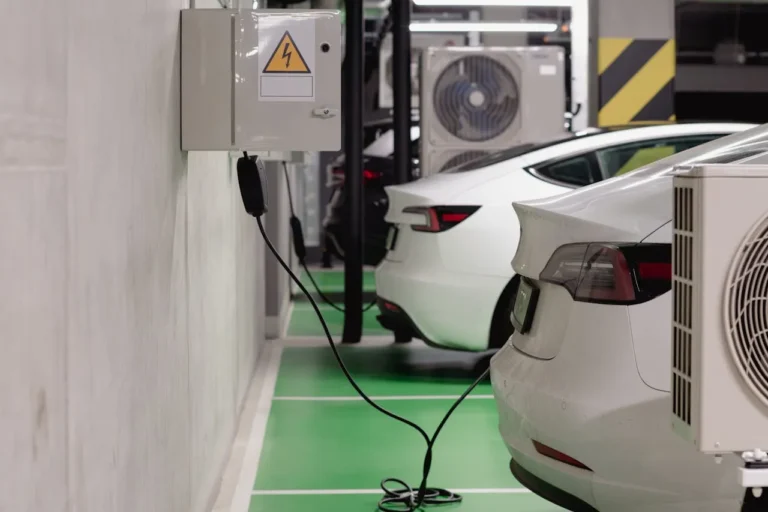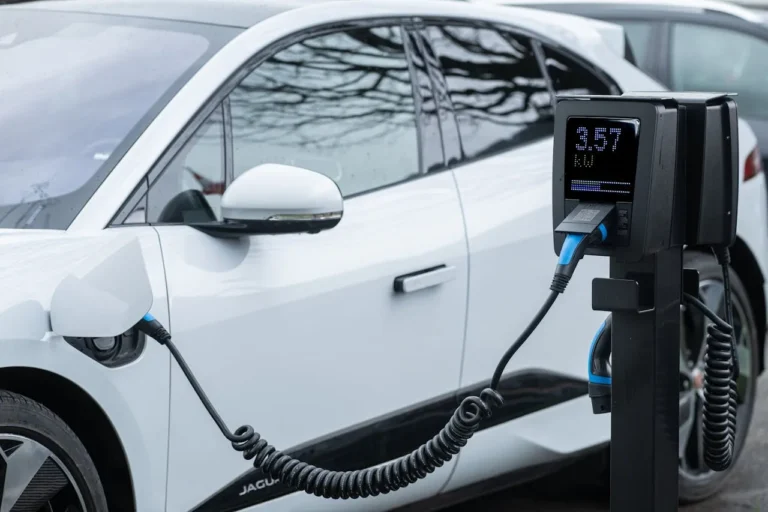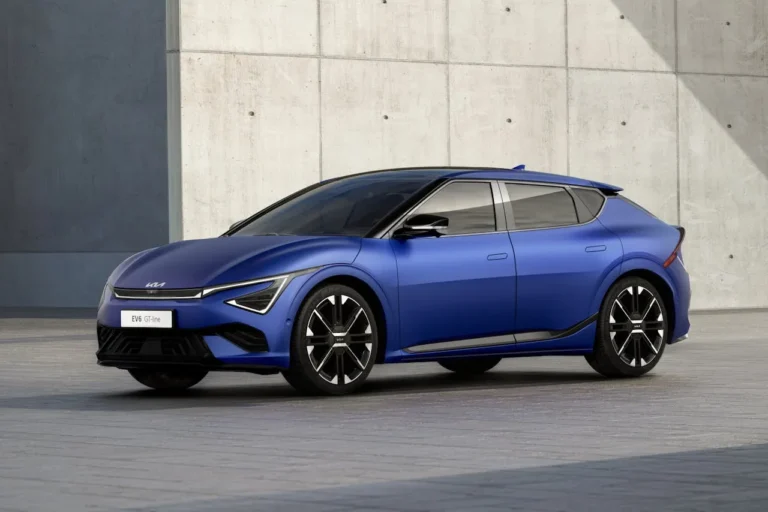
The leading global digital consultancy transforming the world’s largest enterprises and biggest brands, today unveiled research findings that show striking disparities in customer buying experiences between buyers who purchased electric vehicles (EVs) and buyers of internal combustion engine (ICE) and hybrid vehicles.
With the increase of EV models from traditional automotive manufacturers, the competition among automakers for EV buyers is intensifying. Yet according to Perficient’s study, the adoption of EVs remains a struggle across the industry due to the misperceptions original equipment manufacturers (OEMs) and dealers have about the customer buying experience. Nevertheless, 31% of non-EV owners plan to purchase an EV in the next two years, and only 3% are not open to it.
For generations, the traditional car-buying experience has been fraught with high-pressure sales tactics, haggling, and a lack of trust between consumers and dealerships. Among other factors, Perficient’s research found that this outdated model deters potential EV car buyers. Specifically, Perficient found that:
- Only 39% of non-EV owners believe that dealerships have their best interests at heart; and
- A mere 35% of non-EV owners trust the salespeople at dealerships.
But the same cannot be said for EV dealership experiences. According to Perficient’s study, 96% of EV buyers, especially Tesla owners, feel satisfied with their in-person buying experience, and 71% consider the relationship with the dealer or showroom important or very important when making a purchase.
“The success EV brands like Tesla are experiencing stems from their customer-first approach and seamless experiences across the entire purchasing journey,” said Keith Tomatore, automotive industry lead, Perficient. “If traditional automotive players want to compete effectively and gain EV market share, they need to embrace a more modern buyer journey consumers have come to expect.”
There are data-backed strategies that OEMs and dealers can take to gain market share and improve the car-buying experience, including:
- Shift from sales focus to product expertise: Nearly 75% of EV owners expect salespeople to be knowledgeable about the product, yet almost 10% of traditional dealers were found by customers to be only somewhat knowledgeable or not knowledgeable at all. Whereas traditional automotive salespeople are hyper-focused on aggressive sales tactics, EV brands have crafted a buying experience with salespeople who are passionate about their products and eager to share their knowledge.
- Improve the virtual and in-person showroom experience: Consumers are reducing the time spent in traditional automotive showrooms by preemptively conducting their own online research. Perficient found that 95% of all car buyers in the study reported doing at least some research prior to visiting a showroom – with 68% of EV owners doing a significant amount of research – emphasizing the need for robust and engaging online experiences.
- Prioritize education to overcome roadblocks: While EV ownership is on the rise, 75% of car buyers have no experience with EVs and are reluctant to purchase due to lack of knowledge, allowing for misperceptions about EV charging, maintenance, and ownership costs. EV manufacturers are addressing these pain points through buying experiences focused on product education over sales, representing opportunities for traditional automotive manufacturers to shift their approach.
“Our research underscores the pivotal role that customer experience plays in the EV adoption journey,” said Eve Sangenito, principal of digital marketing and customer experience consulting, Perficient. “Car buyers are more likely to purchase an EV when they understand the product and can make an informed purchase. EV brands have listened to consumers and crafted buying experiences that cater to their expectations.”
Visit Perficient.com to learn more about the results of Perficient’s EV research study and access the full report titled “Perficient Research Reveals an Opportunity for Legacy Automakers and Dealers to Improve Customer Experience and Accelerate the Adoption of Electric Vehicles.”
Having served more than 150 leading OEMs, dealers, suppliers, and emerging mobility companies globally, Percipient’s automotive industry experts champion a digital-first, customer-driven approach to connected vehicles, electrification, omnichannel commerce, and the future of transportation. To learn more about Percipient’s automotive expertise, follow us on Twitter and LinkedIn.






